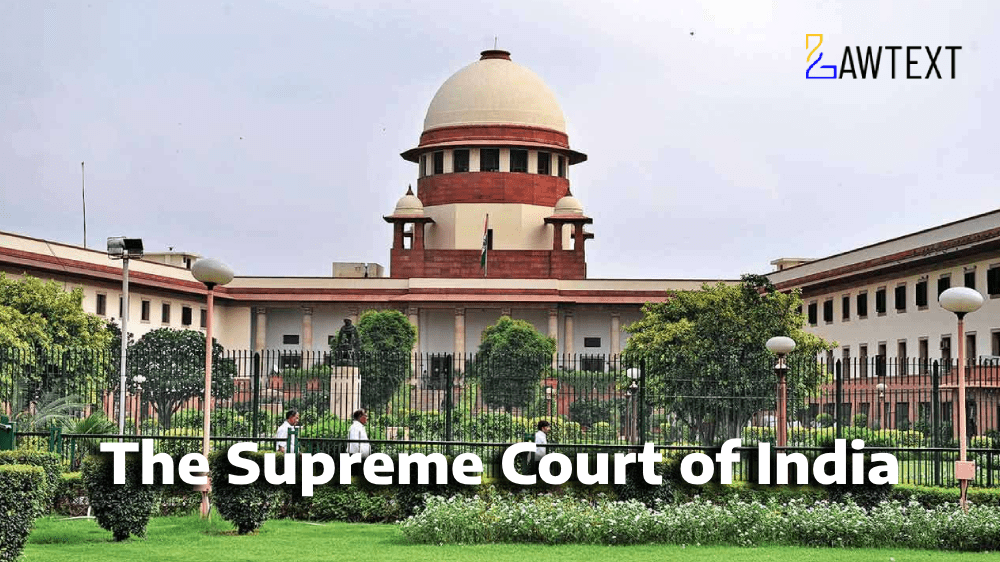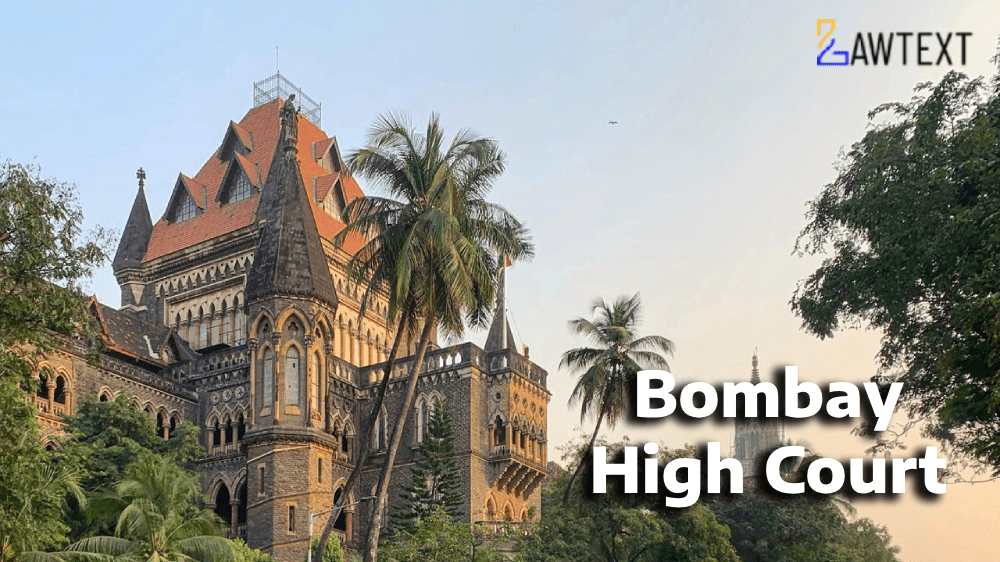Case Note & Summary
A curative petition filed by Delhi Metro Rail Corporation (DMRC) against Delhi Airport Metro Express Pvt. Ltd. (DAMEPL), the Supreme Court quashed an arbitral award that had previously granted DAMEPL a substantial termination payment. The court emphasized that the award was perverse, ignored vital evidence, and overlooked key aspects of the termination clause, leading to a grave miscarriage of justice.
1. Background Parties: DMRC (petitioner) and DAMEPL (respondent), entered into a concession agreement in 2008 for the construction and operation of the Delhi Airport Metro Express Line (AMEL). Agreement Terms: DAMEPL was responsible for operating the line till 2038, while DMRC was to handle civil structures and land clearances. Issues: DAMEPL raised safety concerns over defects in the metro line, ultimately ceasing operations and terminating the agreement in October 2012. 2. Arbitration Proceedings Tribunal’s Award (2017): The arbitral tribunal ruled in favor of DAMEPL, awarding it a termination payment of Rs. 2782.33 crore along with other compensations. The tribunal found DMRC in breach of its obligations to cure structural defects within the contractually agreed period. High Court Decision: The Delhi High Court’s Division Bench found the award perverse and patently illegal, setting it aside for ignoring crucial evidence such as the certification by the Commissioner of Metro Railway Safety (CMRS). 3. Supreme Court's Review The Supreme Court initially reinstated the arbitral award, deeming it reasonable. In the curative petition, the Court revisited the case, noting its previous ruling led to a miscarriage of justice. It found that the award failed to consider the relevant evidence about the cure of defects, and overlooked the terms of the concession agreement allowing DMRC to take "effective steps" to cure the defects. Ratio Decidendi:The curative petition was allowed because the arbitral award suffered from patent illegality:
Misinterpretation of Clause 29.5.1: The tribunal erroneously equated the failure to fully cure defects with a failure to take "effective steps," which was a key contractual term. Overlooking Vital Evidence: The award dismissed the CMRS certification, which indicated safety of the line, as irrelevant. The Supreme Court ruled this evidence was crucial. Miscarriage of Justice: Restoring the award imposed an unjust financial burden on DMRC, constituting a grave miscarriage of justice. Acts and Sections Discussed: Arbitration and Conciliation Act, 1996: Section 34: Grounds for setting aside an arbitral award (patent illegality, perversity). Section 37: Appeal provisions against the decision under Section 34. Metro Railways (Operation and Maintenance) Act, 2002: Section 15: Certification process for metro operations by CMRS.
Issue of Consideration: Delhi Metro Rail Corporation Ltd. Versus Delhi Airport Metro Express Pvt. Ltd.
Premium Content
The Issue of Consideration is only available to subscribed members.
Subscribe Now to access critical case issues





